Erik van Veldhuisen, poultry farmer, central Netherlands
“I am carbon-neutral, you can see all the solar panels [on shed roofs]. All the manure goes for processing too. It leaves the sector.
“We are good at producing food here in the Netherlands. There is no better broiler than a Netherlands broiler, there is no better animal than our ones in the Netherlands, but the government wants less farms.
“We thought the people in the towns might turn against farmers for protesting so much but we had to. We were losing our farms and we had to,” he said.
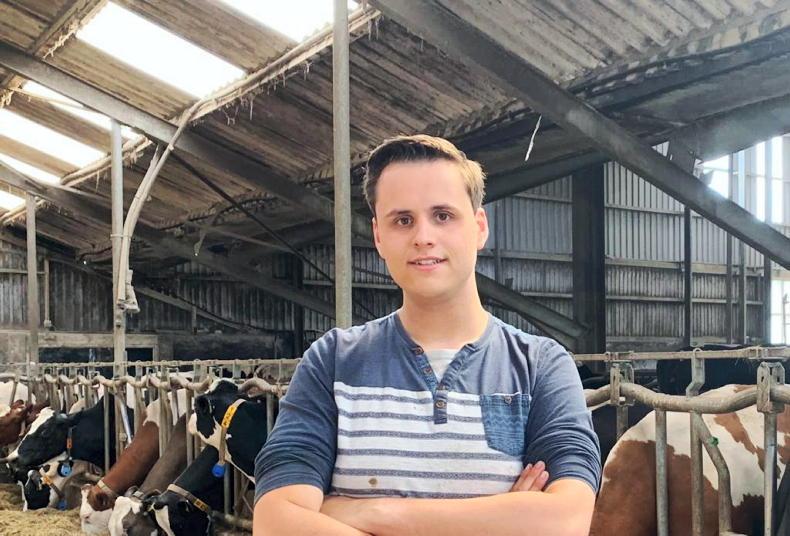
Jesse Schevel, dairy farmer from Friesland
Schevel fears for the farm’s viability when faced with ammonia, nitrates and greenhouse gas emissions policies, which he said have little joined-up thinking. The Schevels face regional ammonia reduction targets of between 47% and 75%, as the farm borders two carbon reduction areas.
“We farm in a peat area. This is the most worrying area here because we face tough climate and nitrogen policies also.
“There is no joined-up thinking with all these areas – climate, water quality, nitrogen emissions – there is no work being done on the synergies.
“The farm needs a critical magnitude to survive. Even with the lower target of 47%, we will face challenges. All our plans have been done on the number of cows we have now.
“We were completely shocked when the maps came out with the government’s decision on nitrogen policy. We knew something was coming since 2019, but we did not think it would go this far,” he said.

Frank Mandersloot, veal farmer and agri-haulier from near Barneveld
Mandersloot rears 1,600 calves to veal at eight months. He fears that he will have to cut back on numbers with the proposed changes.
“The nitrogen cuts will bring us smaller farms. The government wants smaller farms. Small farmers in the area must also work very hard to make an income [off farm].
“The government is not our partner and the supermarkets will not pay enough for us to have small farms.
“We must protest to get the government to listen because up until now, they have not listened.
“Every one or two days, you hear of something – a protest or farmers doing something. People see the farmers then and listen to them,” he said.

Theresa Ruitenberg, dairy farming near Natura 2000 designated land
Ruitenberg milks 90 cows less than 1km from a Natura 2000 site. She fears that the proposals will see both her and her neighbours facing compulsory land purchase orders, having to cease farming.
“They want us to get out of our place, our farm – completely. All the farmers [in the area] must stop.
“Our farm is next to a nature reserve. We live 700m from a Natura 2000 reserve. It will not be possible to find another farm. Our neighbours will have to sell – everyone – there will be no farms available.
“We hope that they [policymakers] will listen now. The protests will help. They must help. It is not our own choice and we have kids that want to farm,” she explained.





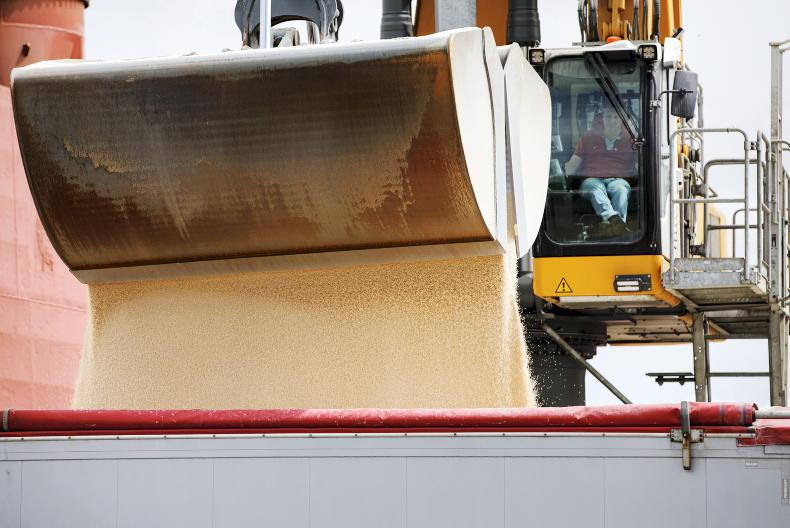
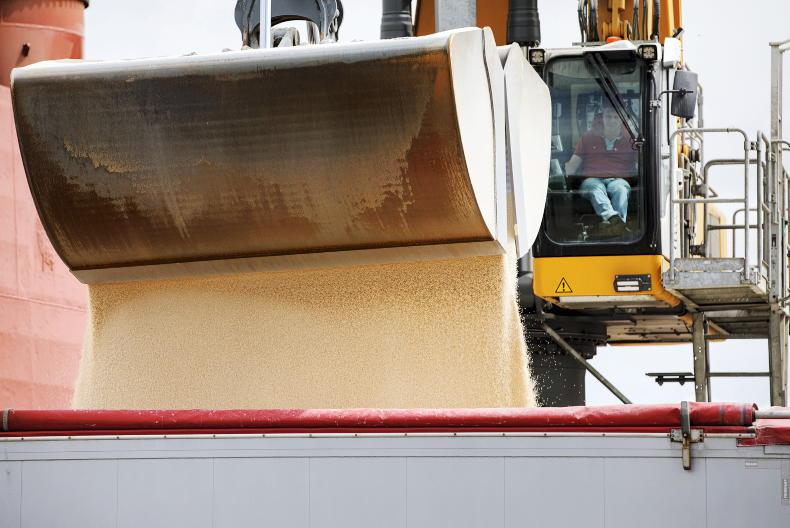
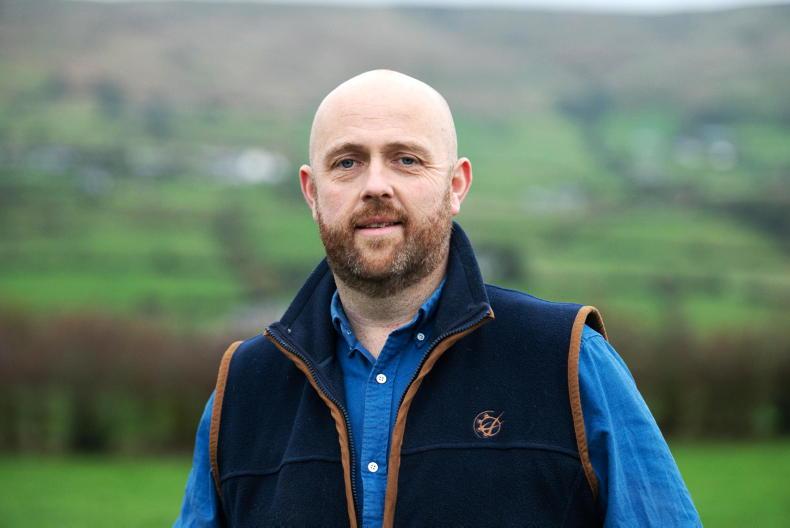
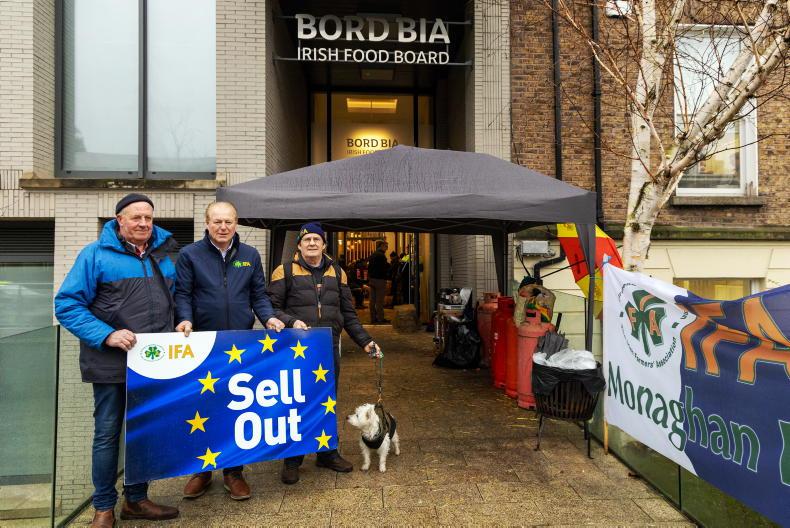
SHARING OPTIONS